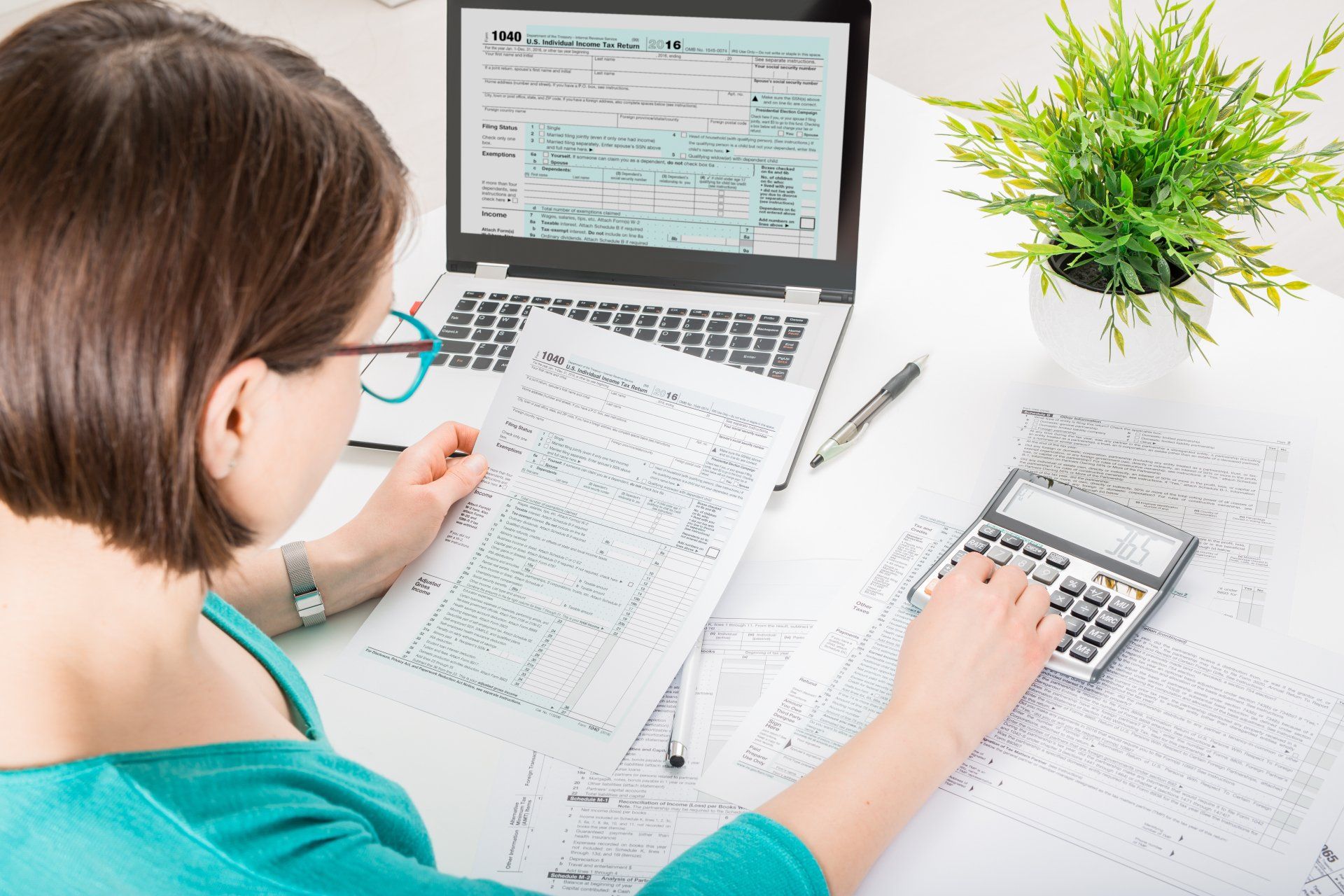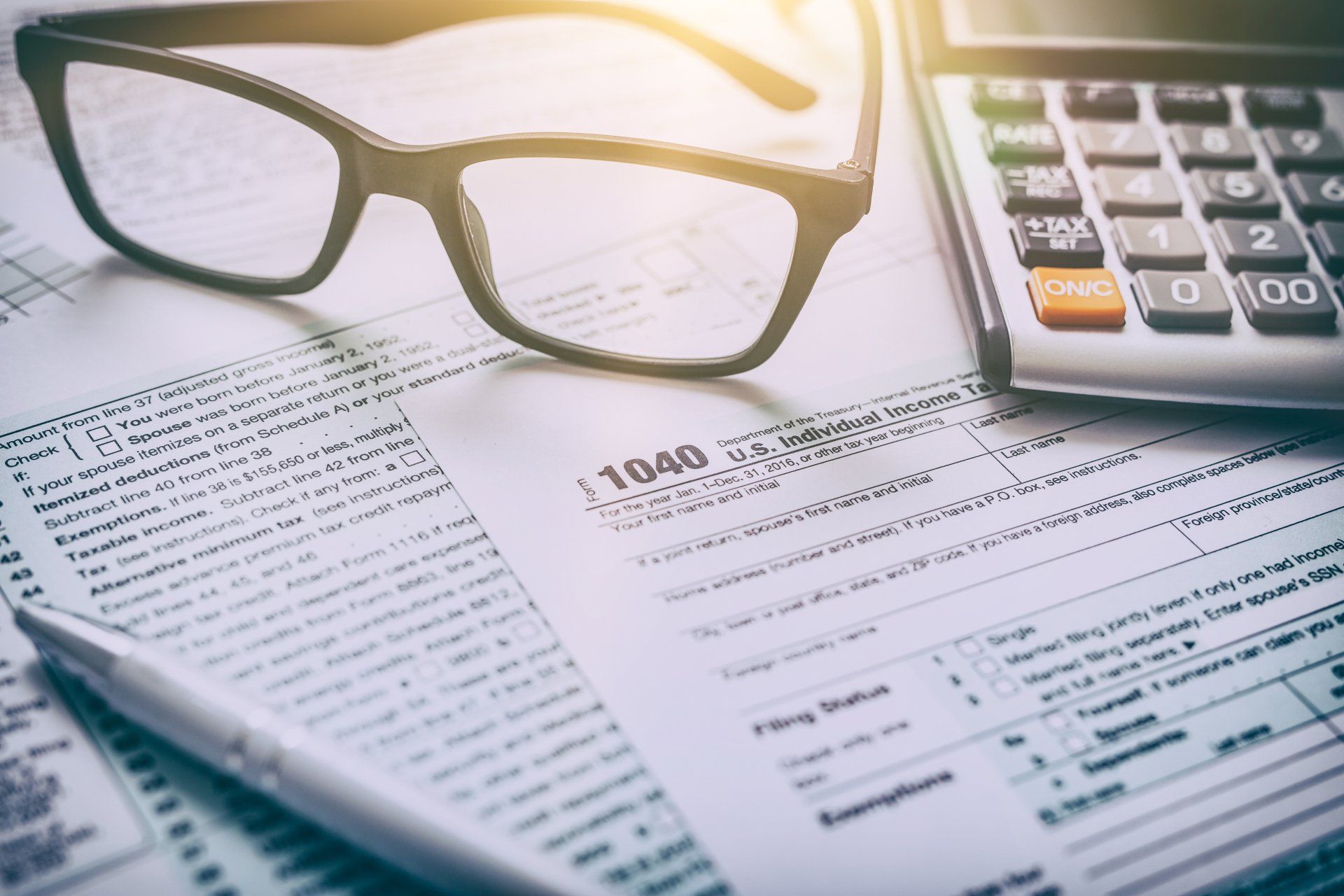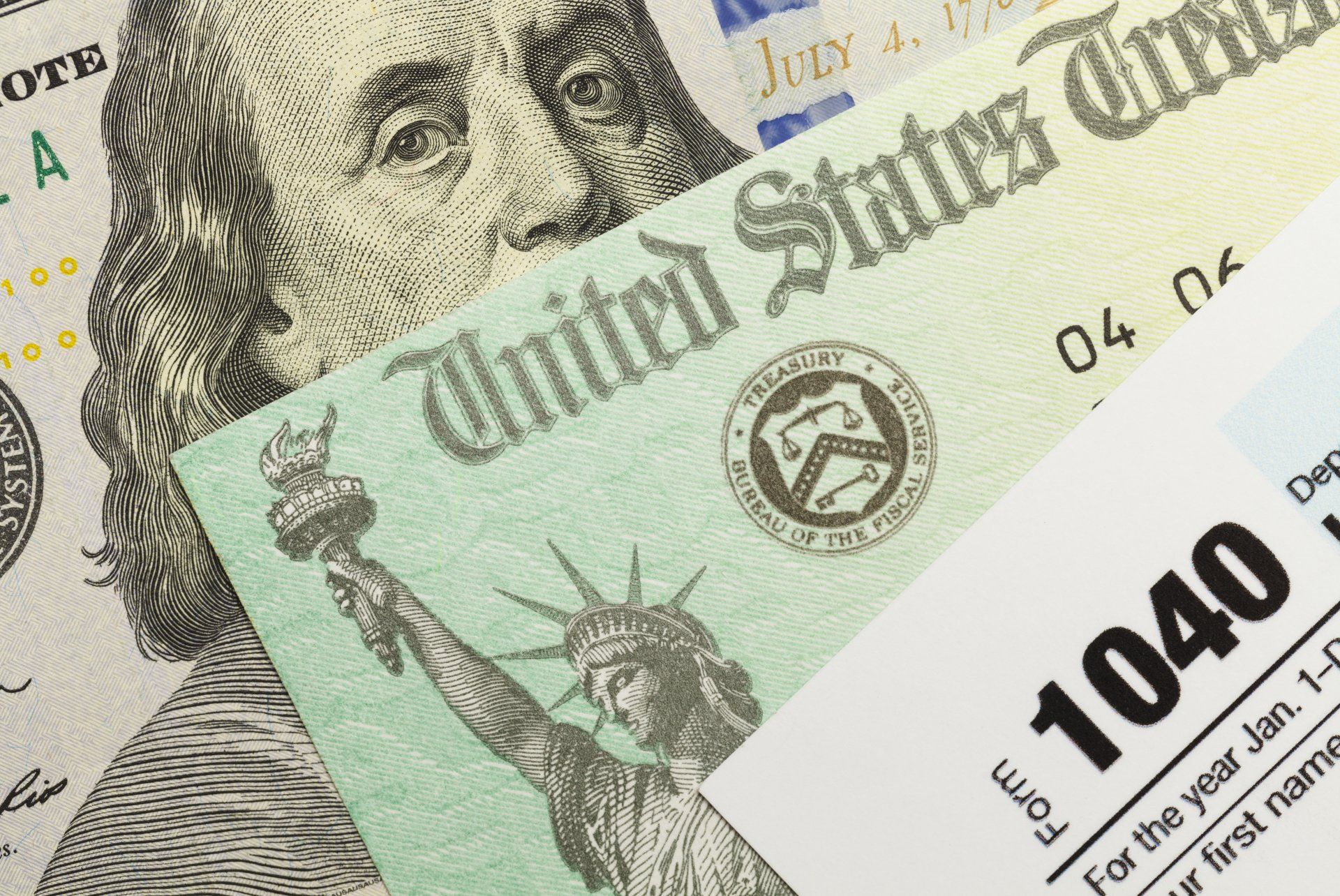How Long Should I Keep My Tax Returns?
You may not like the answer, but please see the advice that follows.
Many clients ask us for guidance on how long they should keep their personal income tax records and returns. You may have to produce those records if IRS (or a state or local taxing authority) audits your return or seeks to assess or collect a tax. In addition, lenders, co-op boards, or other private parties may require that you produce copies of your tax returns as a condition to lending money, approving a purchase, or otherwise doing business with you.
The answer - and it is not one that minimalists will want to read - is to keep tax returns indefinitely and the supporting records usually for six years. In general, except in cases of fraud or substantial understatements of income, IRS can only assess tax for a year within three years after the return for that year was filed (or, if later, three years after the return was due). For example, if you filed your 2018 individual income tax return by its original due date of Apr. 15, 2019, IRS will have until Apr. 15, 2022, to assess a tax deficiency against you. If you file your return late, IRS generally will have three years from the date you filed the return to assess a deficiency. Bear in mind the three year period is stretched out slightly if a return has been extended, as it would be open for assessment until three years from the extended filing due date. In the above example, the IRS would have until October 15, 2022 to examine a 2018 return.
However, the three-year rule isn't ironclad. The assessment period is extended to six years if more than 25% of gross income is omitted from a return. Why the need to keep tax returns indefinitely, which sounds only slightly better than forever? It's because that in a case where no return has been filed for a tax year, the IRS can assess tax at any time - even beyond six years. If IRS claims that you never filed a return for a particular year, keeping a copy of the return will help you to prove that you did.
While it's impossible to be completely sure that IRS won't at some point seek to assess tax, retaining tax returns indefinitely and important records for six years after the return is filed should, as a practical matter, be adequate. Records relating to property may have to be kept longer. The tax consequences of a transaction that occurs this year, such as a sale of property, may depend on events that happened years ago. The period for which you should retain records must be measured from the year in which the tax consequences actually occur.
For example, suppose you bought your home in 2006 for $200,000, made $20,000 of capital improvements in 2013, and sell it this year. To determine the tax consequences of the sale, you must know your basis in the home — your original cost plus later capital improvements. If your return for the year of sale is audited, you may have to produce records relating to the purchase in 2006 and the capital improvement in 2013 to prove what your basis is. Therefore, those records should be kept until at least six years after you file your return for the year of sale.
You should retain all records relating to home purchases and improvements even if you expect your gain to be covered by the home-sale exclusion, which can be as much as $500,000 for joint return filers. You will still need to prove the amount of your basis should IRS ask about it. In addition, there's no telling how much the home will be worth when it's sold, and there's no guarantee that the home-sale exclusion will still be available when the future sale takes place.
When new property takes the basis of old property, records relating to the old property should be kept until six years after the sale of the new property is reported. For example, suppose you bought a car for business use in 2014 and you traded it in on a new car for business use in 2017. If you sell that car, your basis in the car will determine whether you have a tax gain or a tax loss on the sale, and your basis in the car is determined, at least in part, by your basis in the car you traded in for it in 2017. Accordingly, records relating to your old car should be kept until six years after the year of sale.
Similar considerations apply to other property that is likely to be bought and sold—for example, stock in a business corporation or in a mutual fund, bonds (or other debt securities), etc. In particular, remember that if you reinvest dividends to buy additional shares of stock, each reinvestment is a separate stock purchase. The records of each reinvestment should be kept for at least six years after the return is filed for the year in which the stock is sold.
Because the calculation of the casualty and theft loss deduction is determined in part by your basis in the damaged or stolen property, you'll need to have records to support that basis, until six years after you file the return claiming the loss deduction.
In case of separation or divorce, there are additional considerations. If separation or divorce becomes a possibility, be sure you have access to any tax records affecting you that are kept by your spouse. Or better still, make copies of the tax records, since relations may become strained and access to the records may be difficult. Copies of all joint returns filed and supporting records are important, since both spouses are liable for tax on a joint return, and a deficiency may be asserted against either spouse. Your records should include a copy of the divorce decree or agreement of separate maintenance, which may be needed to substantiate alimony payments (which, for pre-2019 divorces, are deductible by the payor spouse and included in the payee's income) and distinguish them from child support or a property settlement. Your records should also include agreements or decrees over custody of children and any agreements about who is entitled to claim them as dependents. Retain records of the cost of all jointly-owned property. Also, get records as to the cost or other basis of all property your spouse or former spouse transferred to you during your marriage or as a result of the divorce, because your basis in that property is the same as your spouse's or former spouse's basis in it was.
You may keep your records in electronic form instead of or in addition to keeping paper copies. The periods for which the records should be kept are the same as for paper records. If your tax records are stored on your computer's hard drive, you should back it up to an external storage device or on paper.
To safeguard your records against loss from theft, fire, or other disaster, you should consider keeping your most important records in a safe deposit box or other safe place outside your home. In addition, consider keeping copies of the most important records in a single, easily accessible location so that you can grab them if you have to leave your home in an emergency. If, in spite of your precautions, records are lost or destroyed, it may be possible to reconstruct some of them. For example, a paid tax return preparer is required by law to retain, for a period of three years, copies of tax returns or a list of taxpayers for whom returns were prepared. Most preparers comply with this rule by retaining copies (sometimes for a longer period than the legally required three years) and can furnish a copy if yours is not available.
With copies of your tax returns stored indefinitely at your residence, you may have to get rid of a few other things taking up your valuable storage space. Maybe you'll sleep better at night, however, knowing that all of those tax returns are tucked away safely in their storage space.










